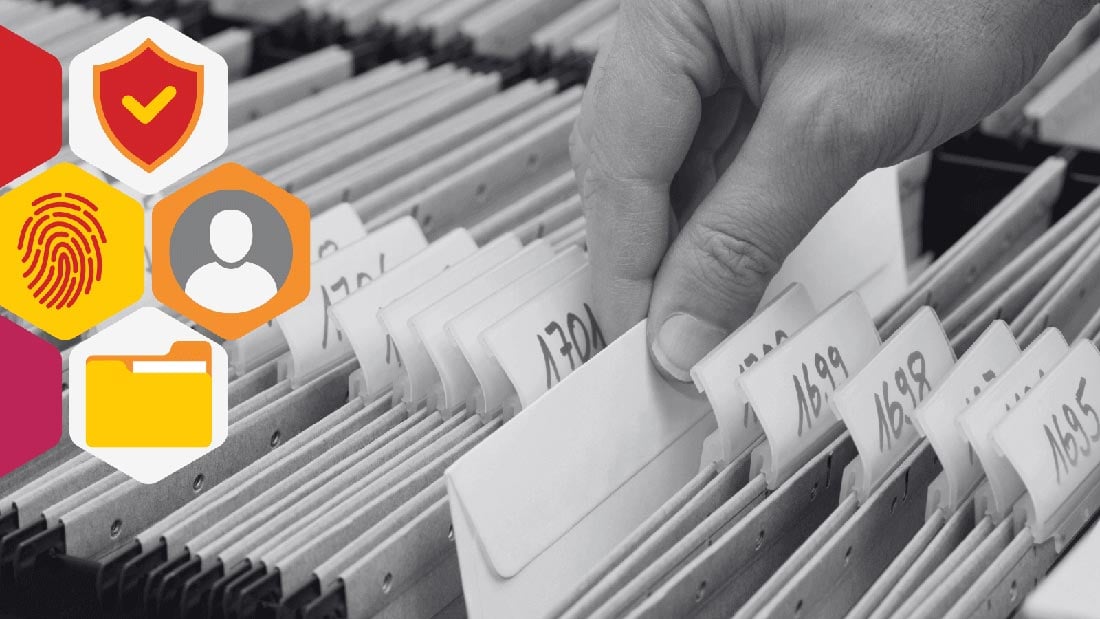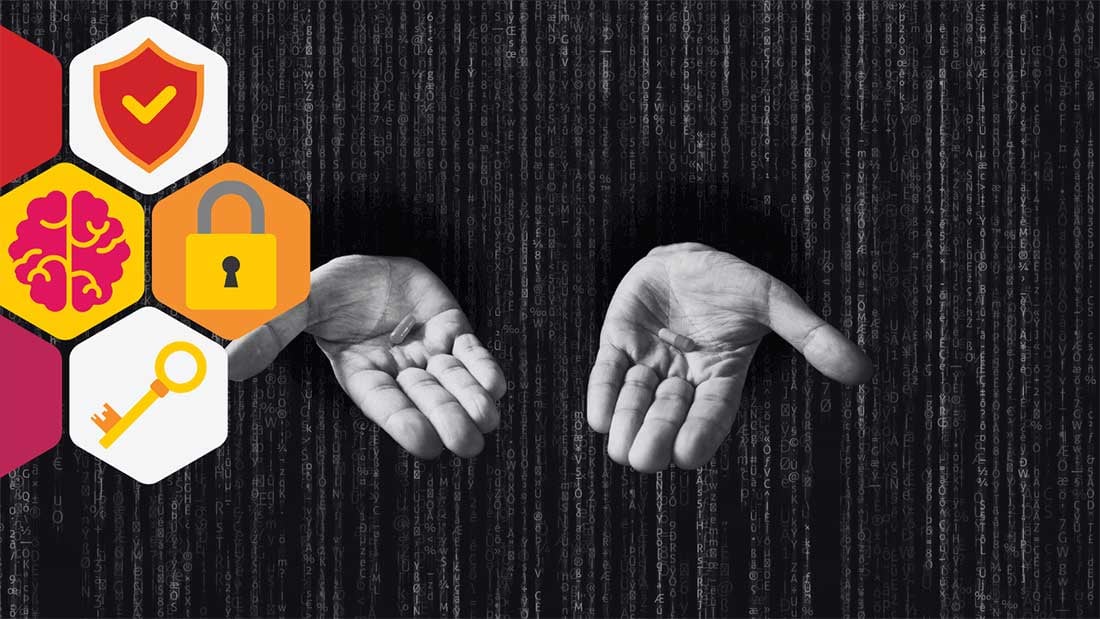Personally Identifiable Information: Why is it important?
Last year, there were over 1.1 million cases of identity theft in the United States alone. At least 422 million individuals were impacted. Hackers...

In the Wachowski’s film, The Matrix (starring Bill…or was it Ted?), the heroes of the film are betrayed by a member of their team, Cypher (Joe Pantoliano). In perhaps one of the most prophetic scenes in any movie of recent memory, Cypher sits with the ultimate villain, Agent Smith (Hugo Weaving), eating a steak. But the room they are in isn’t real. The steak isn’t real. The wine isn’t real. It’s all taking place in the matrix, a virtual reality created by machine coders and patrolled by software.

Cypher is fully cognizant that the reality he’s immersed in is virtual—that his real body is plugged into a computer somewhere, and his energy is being harvested by the machines he’s plugged into for their purposes. But he’s perfectly alright with that deal, as he knows the machines can give him exactly the virtual experience he wants when he wants it.

This is, for me, the perfect analogy for what’s going on around all of us right now. Of course, we haven’t developed the ability to go full Borg assimilation yet. But more often now, more and more of us are surrendering control of our focus and decision-making to software that we can’t see, that we don’t understand, and that is designed to USE US to SERVE SOMEONE ELSE.
And thanks to algorithms, computers are getting better and better at figuring out exactly what we want and exactly when we want it. Gradually, more of us are starting to see things Cypher’s way. We know that Alexa is listening, that Samsung is watching and that Mark Zuckerberg really doesn’t give a monkey’s ass about our privacy. But we are participating anyway. The cost doesn’t seem all THAT bad in comparison to the benefits of having so much convenience and immediate gratification.

This is a massive problem. Not that we surrender to online temptation or that we enjoy our needs and wants being anticipated. That’s all fine in and of itself.
The real issue is not understanding HOW your temptations are being anticipated or what the transaction is that allows this software and the companies that develop it to flourish. Nothing good comes free, even when it seems like it should.
And trust me, you, your colleagues and your loved ones are all paying.
We just don’t seem to care too much about how the whole thing works. This conscious choice for ignorance or at least a lack of effort to dispel our ignorance, is creating a layer of abstraction between online services consumers and producers, allowing producers to create more and more elaborate and fulfilling experiences, without having to explain the real cost.
So how do we counteract this layer of abstraction? Well, by trying to dive in and understand exactly how it's working and who it's working for. But that’s hard. The virtual world is complex and becoming increasingly more complex and nuanced by the hour. Governments are playing catch up with regulation, but they have a LOOOOOOOOOOOOOOOOOOOOONNNNNNNNGGGGGGGG way to go before they are able to keep us safe from our impulsive decision-making online. It’s up to us…each of us…to help keep one another safe in the meantime.
This is where cyber security awareness can come into play. But only if you look at cyber security awareness as a gateway to understanding more about the entire online ecosystem. Cyber security can start by pointing out the most overt issues facing you, your family and your work colleagues.
Some people want to steal from you, find satisfaction in causing harm, and whose interests are directly juxtaposed to yours. OK, we need to learn how to defend ourselves against these bad actors. But what about the people who want to give you EXACTLY what you want so you’ll be attracted to them? These people are fewer hackers and more like smart salespeople operating in a completely unregulated market environment. They can sell just about anything to you without any sort of warranty for your health or disclosure of the full value they are extracting from you in the transaction.
In order for you to protect yourself, your colleagues and the ones you love…and in order for them to protect you…staying alert and aware of how the ecosystem works is the only way. The first step in that journey is cyber security awareness, but it’s only the beginning.
Follow the white rabbit... 

Last year, there were over 1.1 million cases of identity theft in the United States alone. At least 422 million individuals were impacted. Hackers...
4 min read

A mid-sized Connecticut company lost $5.4 million in a business email compromise (BEC) scam after its finance team executed a wire transfer to what...
5 min read

When INTERPOL recently announced they would stop using the term “pig butchering” in favor of “romance baiting,” it reminds me that we're overdue for...
4 min read
Subscribe to our newsletters for the latest news and insights.
Stay updated with best practices to enhance your workforce.
Get the latest on strategic risk for Executives and Managers.
